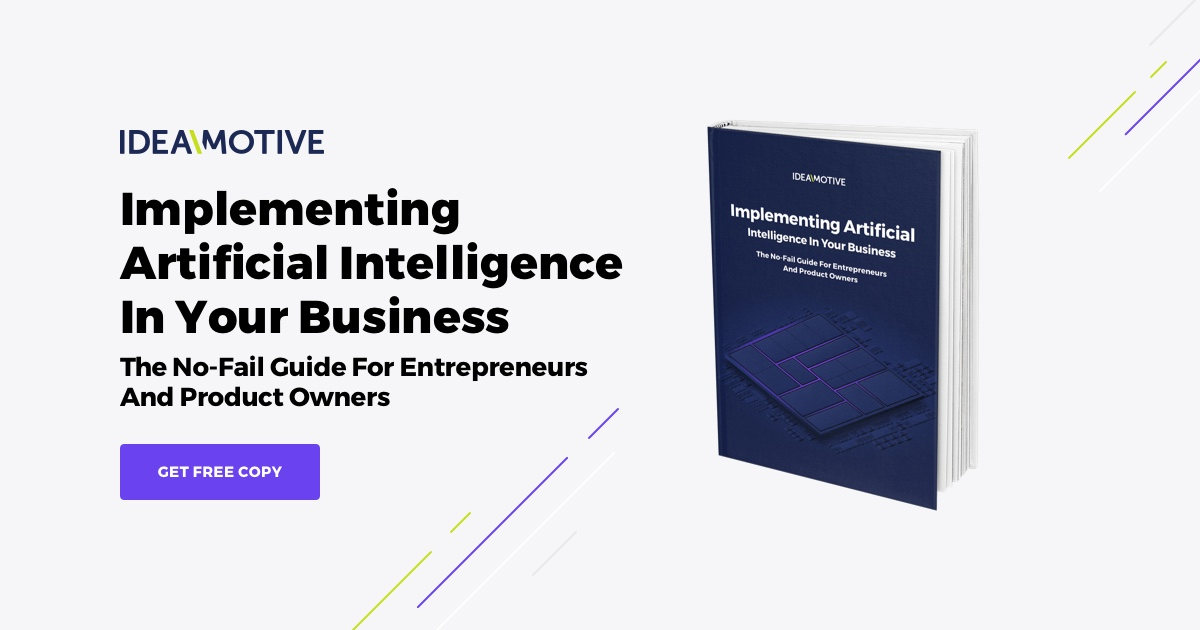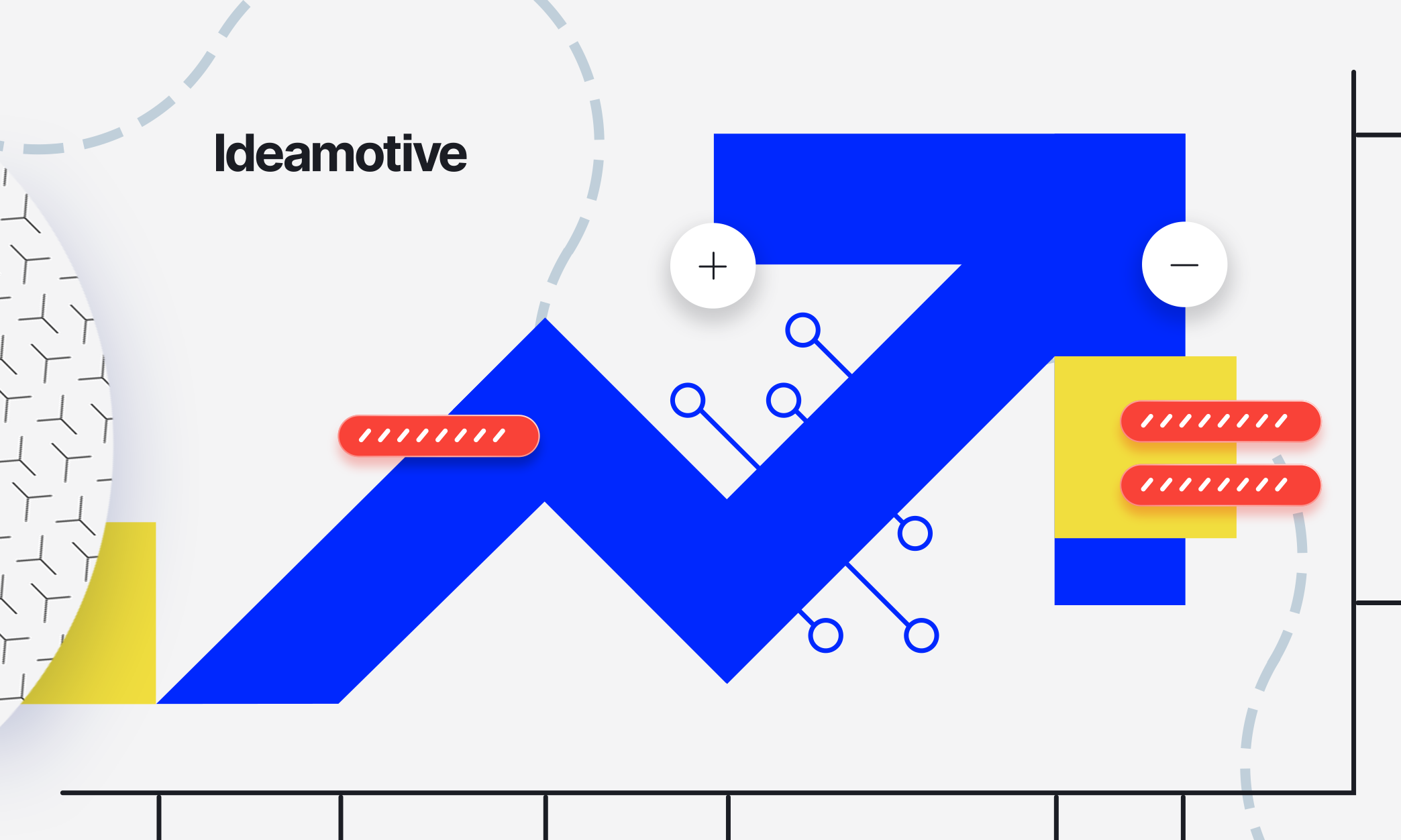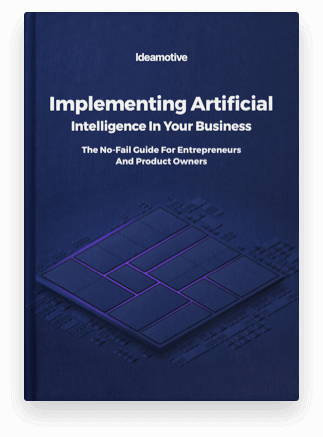Is it possible for experienced accountants to benefit from Artificial Intelligence? Isn’t it just another buzz-word used to sell the same software again? In a moment you’ll see that this cutting-edge technology can improve your accounting processes just like it does in a mass of companies from various industries around the world.
According to the EY 2020 Global Tax and Transformation Survey, typical tax teams use up to 70% of their working time on tasks that could easily be done by AI within a much shorter time. To tackle this issue, many companies use AI and Robotic Process Automation. Highly qualified accountants don’t need to waste so much time on dull, repetitive, and after all, simple but time-consuming activities.
AI minimizes human errors and supports the increase in quality. Over 70% of leaders in financial, accounting, and advisory services believe that AI will influence data-driven insights.
According to the PwC research, the global economic growth provided by AI will reach $15,700,000,000,000 by 2030. The demand for AI experts and accounting professionals who understand the way AI works is increasing. The value of Artificial Intelligence in accounting will grow. Will you make use of that trend?
.png?width=1584&name=Python_%20The%20Definitive%20Business%20Guide%20-%20blog%20banner%201584x396%20(1).png)
What is AI?
Ideas and examples will come, but first things first. Let’s talk about Artificial Intelligence itself. What is it, and how it works?
Artificial Intelligence is a broad name for computers solving problems on their own. Such computers are often based on neural networks. Neural networks resemble the structure of the human brain and can reorganize themselves for better accuracy and efficiency. This way, we try to build a real computer brain that will solve problems faster and more efficiently than human beings.
Multi-layer neural networks enable Deep learning when problems are analyzed on more and more abstract levels. It means that computers can not only analyze data but also conclude in an almost human-like way.
Machine Learning involves computers that can recognize patterns in data and learn from them. There are two types of ML. Unsupervised and Supervised Machine Learning.
In unsupervised ML you feed your computer with data, ask questions, and wait for data analysis and results. For supervised ML you add one more step when you give the computer additional knowledge. For example, you indicate that this batch of documents is fraudulent, and the other one is clear. Then, in the process of Machine Learning, the computer looks for patterns to distinguish one kind from another.
These technologies are trained to interact with the outer world as well. Natural Language Processing (NLP) provides computers with the ability to understand and interpret human language, written or spoken. How difficult a task it is, you can tell by observing children who learn to speak. To teach computers to look at things like humans, we use Computer vision so that they could analyze images and conclude. Nowadays, documents, videos, and images can be analyzed by AI as well.
All these technologies are parts of Artificial Intelligence, and they can be used for commercial purposes. They’re used in scientific research too, but HR, FinTech, or assurance businesses know how to benefit from the newest technologies as well. Now, let’s look at how we can use AI and machine learning in accounting.

Examples of Artificial Intelligence In Accounting
We’ll start with general ideas on how AI can be used in accounting. Then we’ll move on to real-life examples of AI and ML applications. Here you’ll find 7 fields to use AI. However, it isn’t a complete list of challenges that AI can help to solve.
- Frauds - computers can support fraud detection and prevention by analyzing patterns and monitoring every document within the company. They can check for accordance with accounting rules and laws. AI may then flag all the issues for humans to double-check.
- Hidden insights - in general, AI is capable of discovering hidden patterns, trends, and insights giving your company a business advantage over your competitors. The insights are also better and can be delivered on time to make quick and data-based decisions.
- Better forecasts - forecasts help plan strategical operations. Having better and deeper insights combined with Machine Learning algorithms creates an opportunity for better and more reliable forecasts. Knowing what will probably happen is invaluable.
- Data input automation - maltitude of accounting employees work on data input and review. However, AI can read, analyze, and process all the documentation. And it won’t make a mistake. Even more, it can ask for data completion, if needed or flag issues for further inspection.
- Due date - This issue falls in between accounting and marketing. AI can help establish invoice due time individually for every contractor and identify those who have problems paying on time.
- Close procedure - AI can support or even replace humans in monthly or quarterly close procedures. It could even simultaneously prepare the close procedure throughout the period.
- Better audits - AI can audit 100% of a company’s documents instead of checking just a sample as humans do. It makes audits more accurate and efficient. Imagine knowing not statistically, but exactly, what happens in your company.
- Risk assessment - AI benefits from quick access to all the possible data and sophisticated predicting models. Based on what AI has learned from people, it’ll enhance risk identification and prevention.
Computers using AI and ML in accounting have proven to be better than humans in deep insights and repetitive, time-consuming, and dull activities. Therefore, we can use them to give people more time for tasks that require human touch like customer service, strategic planning, etc.
If you need proof, we have a couple of real-life business examples of AI and ML for you.
Real-life application of Artificial Intelligence In Accounting
How real business employs AI and ML in accounting? Although the most sophisticated solutions are created and used by the biggest in the industry, there’s an increasing offer for smaller players.
One of the Big Four accounting companies, KPMG has been using AI technology from McLaren Applied Technologies (MAT) to improve its audit processes since 2015. As mentioned before, AI can analyze each and every document in an audited company. Seeing data analytics as critical for business, KPMG argues that companies need to ‘go beyond reactive reporting’ and adapt better forecasting. It also advises decision automation and the elimination of recurring processes.
Another Big Four company, Deloitte works with Kira Systems to improve document review. It’s a vital part of the business. Thorough review and analysis of documents is crucial for business activities Deloitte clients deal with. They include investigations, merges, contract management, or leasing arrangements. Another system from Deloitte, TAX-I uses AI to analyze and review tax cases judged by the European Court of Justice. It can compare and summarize cases, and even predict the outcome.
The third of Big Four, EY coupled with Microsoft to implement AI in their advisory business and claim to have saved about 2,000,000 human hours annually and automated over 250 processes.
PwC, the last but not least of the Big Four, makes use of predictive analytics, cognitive computing, and machine learning. Its GL.ai service examines every uploaded transaction, user, and every account to identify suspicious transactions.
Chata.ai, on the other hand, is a solution you can use to enhance a better customer experience. It is a data-focused chat-bot. It understands human speech and transforms natural language questions into database queries. Next, it responds to the user in a human-like way. For example, you could ask it who hasn’t paid their invoices yet and still owes you money.
DataRobot is an AI company that provides various solutions. Regarding accounting challenges, you can create a predictive model to identify invoices or transactions that require a human review. The simultaneous analysis makes it possible to identify problematic transactions before they cause any damage.
Ayasdi provides cloud-based and on-premise Machine Learning solutions for enterprises and organizations. Complex issues like risk management and customer needs anticipation are now possible to tackle.
The last example shows how AI in accounting can save real money for your company. Gursey Schneider LLP, an audit company, used AI to dig deeper into data. Deeper than any accounting expert could. 100% of clients’ transactions were checked. GS processed and analyzed an immense number of 6.2 million transactions between 2014 and 2018. AI helped to draw insights that led to a criminal fraud case worth $2.800.000.
In all these examples, AI reduces the time spent on mechanical, repetitive tasks, giving people more time to devote to activities of higher value.
Where to find experts in the use of AI in accounting?
Now that you know how your business can benefit from Artificial Intelligence in accounting, let’s look for experienced AI developers. They aren’t easy to find.
AI is as smart as the data you feed it with. That’s why it’s crucial to find AI development specialists with broad experience. Ideamotive gathered people who work on AI and ML applications, not only in accounting but also in HR, marketing, and other realms.
So if you wonder where to find AI specialists for your company, let us find you, experts who suit your company culture, understand your business, and will support your growth.


.png?width=1584&name=Python_%20The%20Definitive%20Business%20Guide%20-%20blog%20banner%201584x396%20(1).png)



-1.png)




